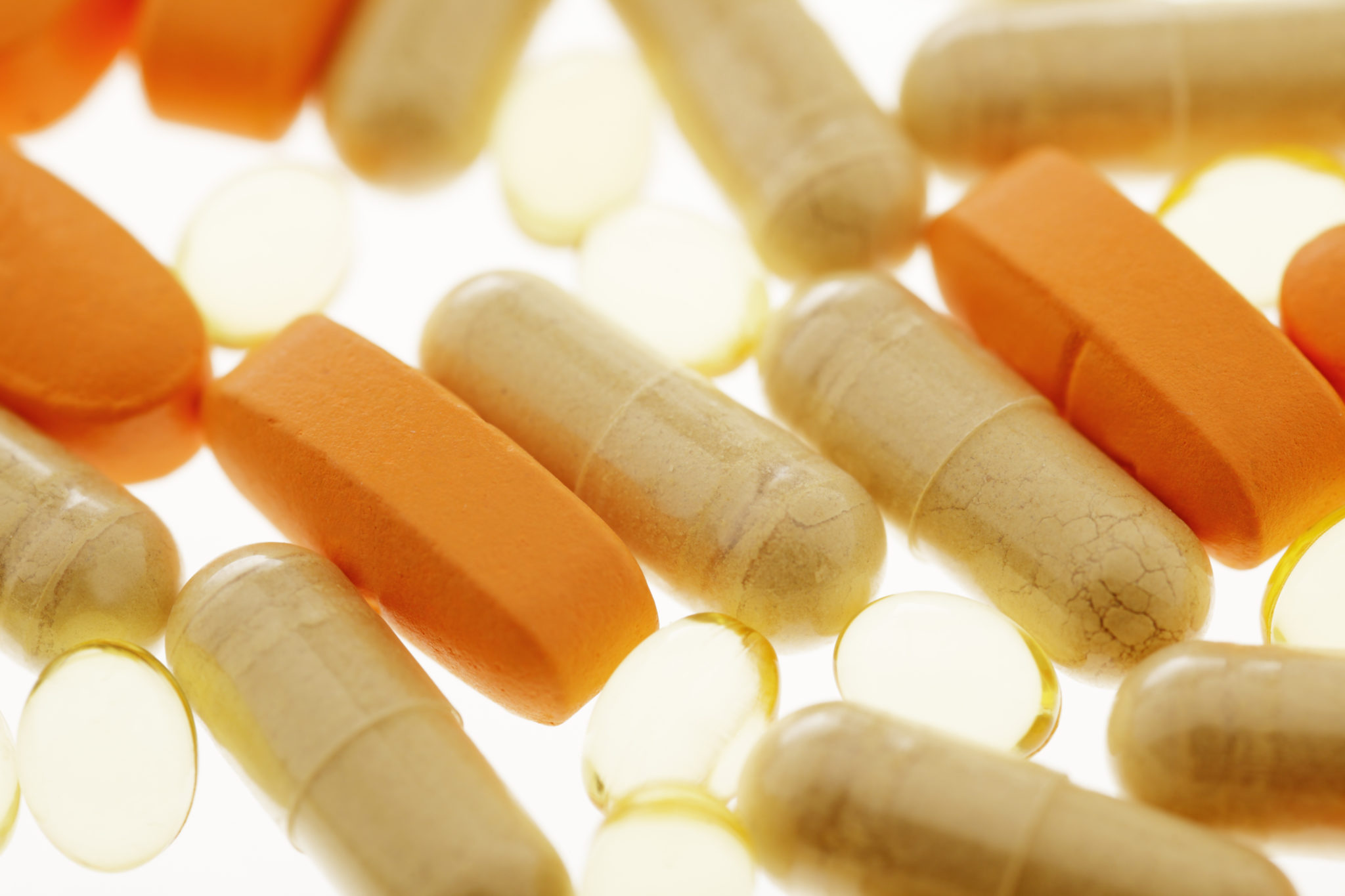New criteria for drug price negotiation: the long wait continues…
Published on 10th December 2019
Pharma companies await the publication in the Official Gazette of the Decree of the Ministry of Health, in concert with the Ministry of Economy and Finance, which repeals CIPE Resolution no. 3 dated 1 February 2001, and defines the new criteria and the ways in which AIFA determines, by negotiation, the prices of drugs the cost of which is reimbursed by the National Health System (NHS).

The Decree, signed by the former Minister of Health Ms Grillo, after receiving the favourable opinion of the State-Regions Steering Committee was published on the Ministry's website on 1 August 2019, and was then sent to the Court of Auditors for the relevant checks. However, as at the date hereof, after more than four months, it is not yet known when it will be published in the Official Gazette and will enter into force.
The Decree was adopted to guarantee criteria "updated in line with the evolution of the pharmaceutical policy", as provided by the Finance Law 2019 (art. 1, paragraph 553, Law 145/2018), and implements some recommendations contained in WHA Resolution 72/2019 on the transparency of drug prices, approved on 30 May 2019, aimed at promoting the communication by suppliers of various types of information (e.g. turnover, prices, sales volumes, marketing costs, incentives received, patent status and product regulation).
The new elements of the Decree compared to the CIPE Resolution are listed in the table. Among the most relevant it should be noted that:
- strong emphasis is placed on the added therapeutic value of the drug in relation to the main treatments with which it is compared. It is expected that if the drug does not guarantee an added therapeutic value, in order to reach the negotiating agreement the company will have to provide additional elements that explain the advantages for the NHS in economic terms; this provision is evidently aimed at containing public expenditure;
- the company has an obligation to self-certify the information: a) on marketing, consumption and reimbursement of the product in other countries; b) on its production capacity and management of possible unforeseen events, with an obligation to anticipate the activities that are intended to be implemented to ensure the adequate supply of the drug; c) on contributions and incentives of a public nature and on the patent status of the medicinal product. The change is aimed at encouraging companies to provide the most reliable data possible and, in relation to the self-certification on the production capacity referred to at letter b) above, is placed in parallel with the recent AIFA measure on the shortage of drugs;
- in order to promote transparency, it is also envisaged that, when defining the agreement, this will contain an obligation on the part of the company to communicate to AIFA, annually, in addition to the sales and turnover data, the marketing costs and the patent status of the medicinal product in Italy.
Within 30 days from the date on which the Decree enters into force, AIFA will have to issue a Resolution providing more detailed indications on the negotiation application; therefore, until such a measure is adopted, the new procedure cannot be fully operational.




